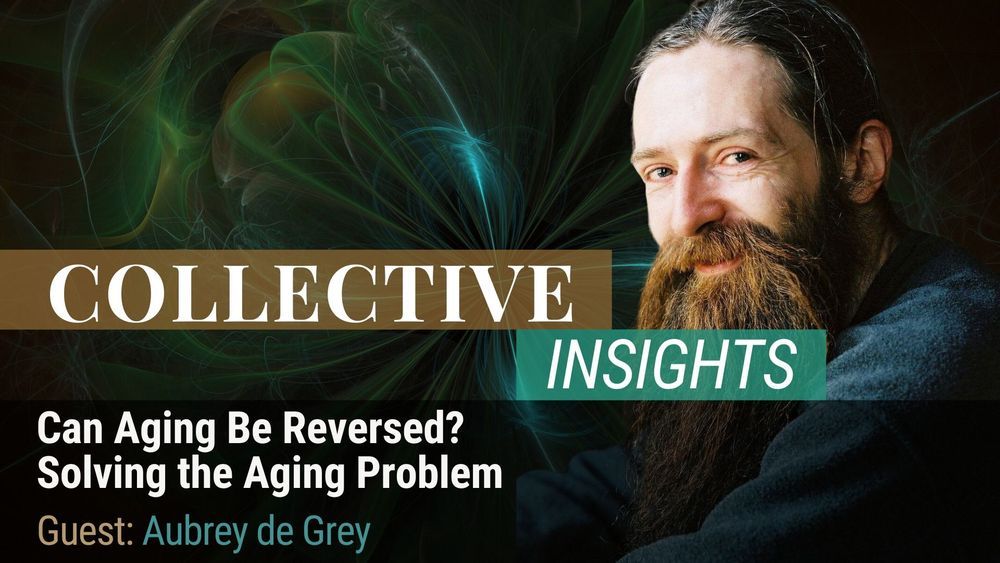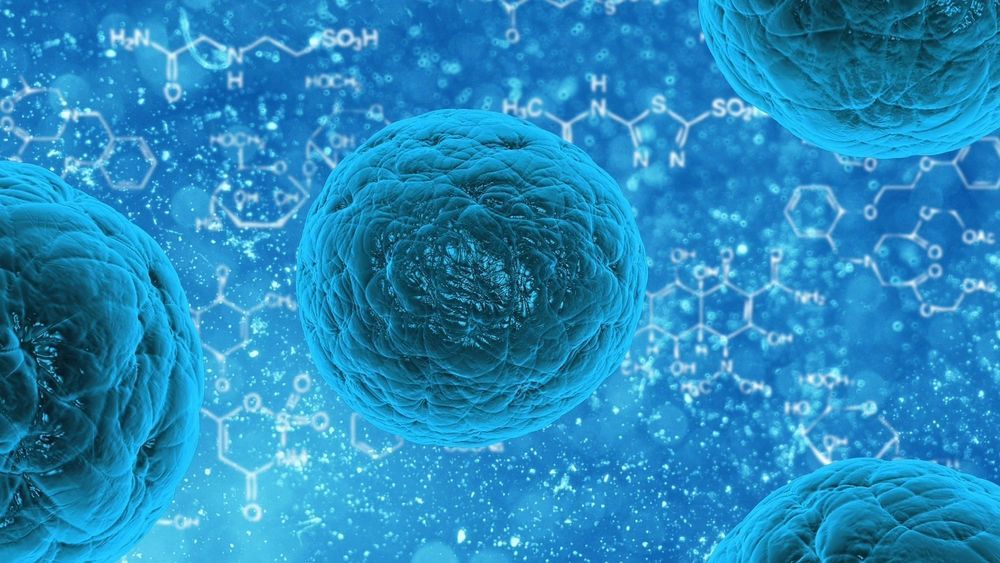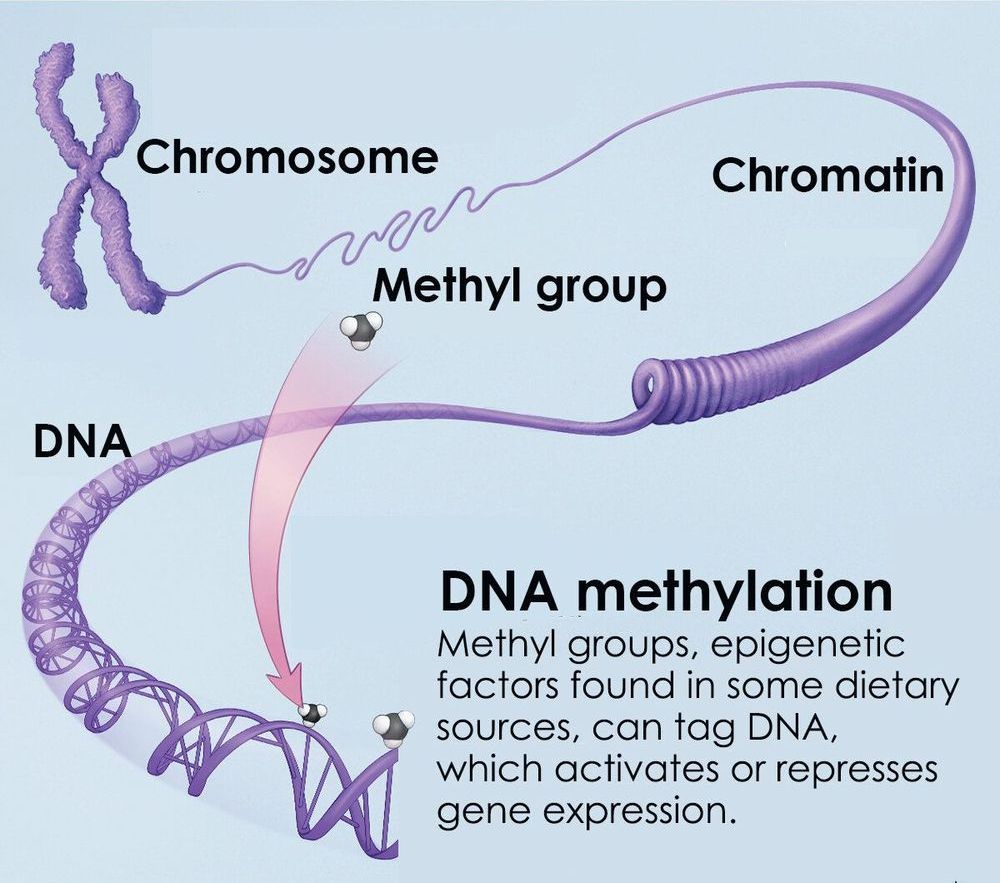Three score and ten is so 1970s. Today, the average baby born in the UK will live long enough to see the beginning of the 22nd century. Increasingly we also hear claims of longevity breakthroughs that could propel those children – and maybe even their parents – into triple digits and beyond. Is eternal life something we want outside of science fiction? And how will society cope if it is?
“The first ten million years were the worst,” said Marvin. “The second ten million years, they were the worst, too. The third ten million years I didn’t enjoy at all. After that I went into a bit of a decline.”
So opines Marvin, Douglas Adams’ paranoid android, who follows the protagonists of ‘The Hitchhiker’s Guide to the Galaxy’ around like a bumbling, grumbling storm cloud. Functionally immortal (and cursed with a “brain the size of a planet”), Marvin is the hubristic dream of eternal life printed and stamped in circuitry. While his human shipmates stumble from one disaster to another, devoting their limited talents to avoiding death at all costs, Marvin plods glumly along, bemoaning the pointlessness of an infinite existence in which there is nothing new to learn, no challenge to his intellect and in which everyone – even his closest friend, a rat that nested for a time in his foot – dies. Except him.




